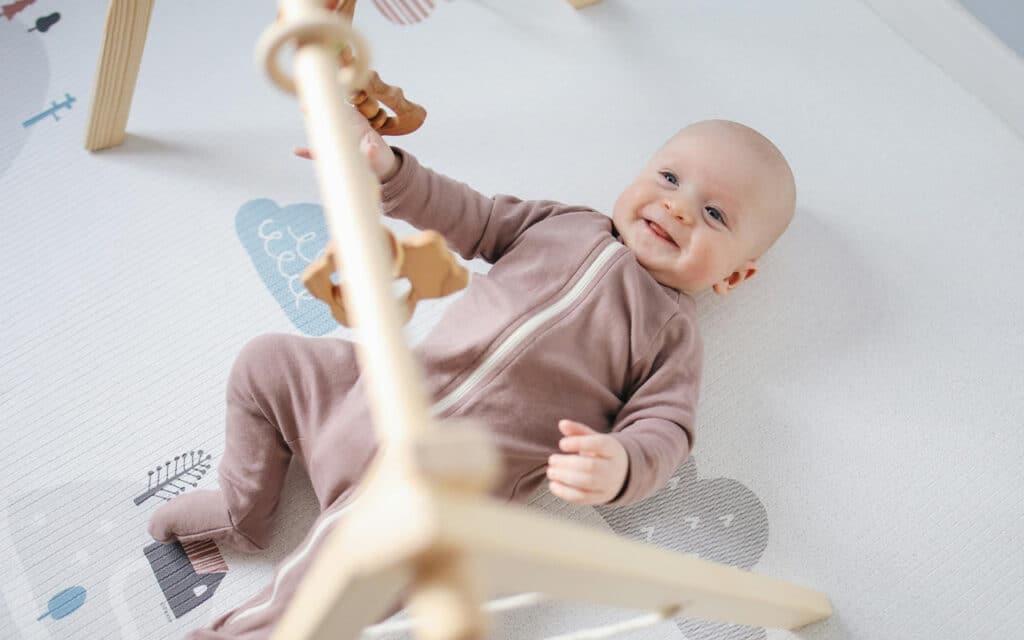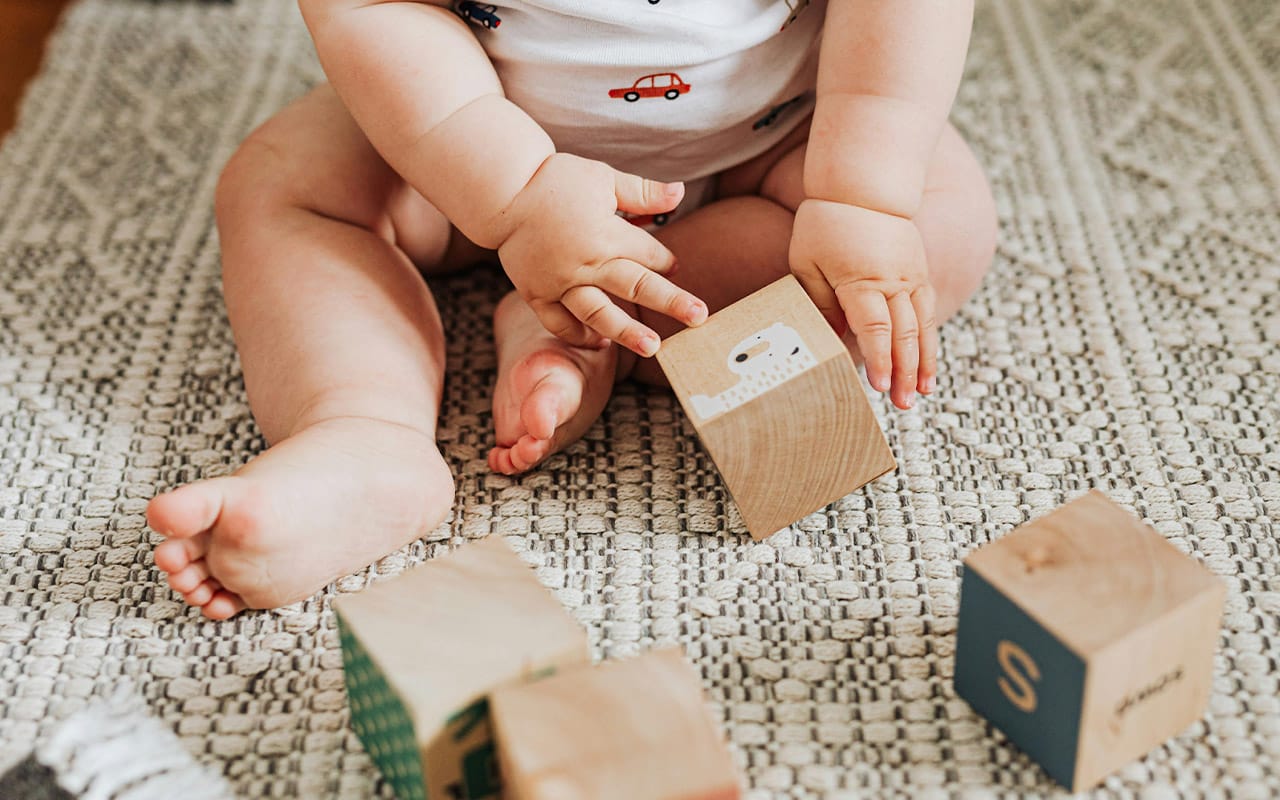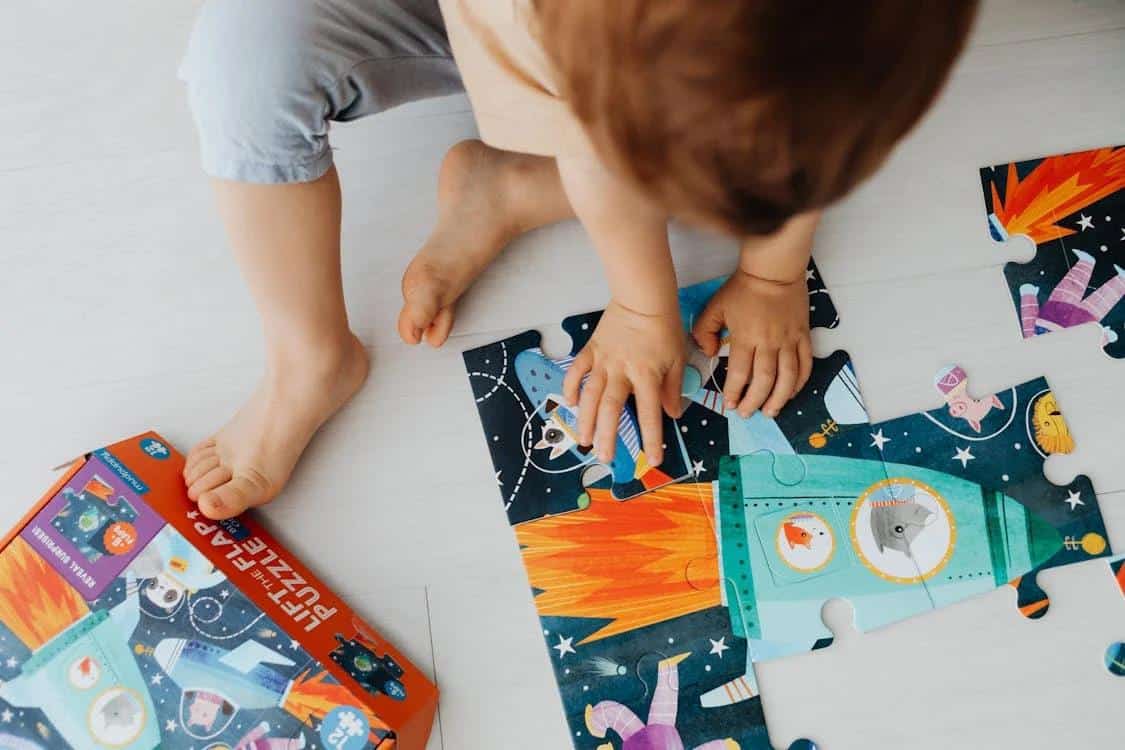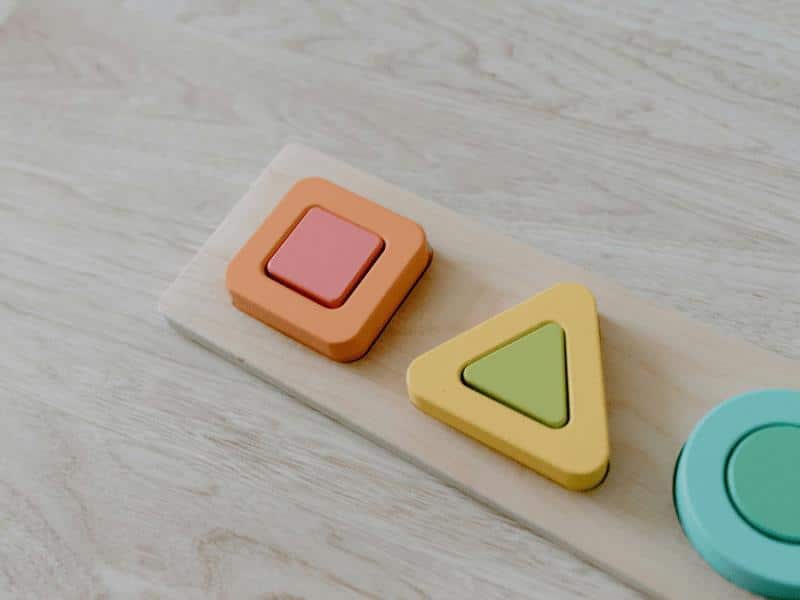
Baby Brain Development: The Crucial First 1000 Days
Welcome to the fascinating journey of early childhood development! As parents, we often wonder about the right time to begin educating our little ones. Interestingly, the answer is simpler and earlier than many might think—it begins the moment your baby is born.
The first 1000 days of a child’s life, from conception to their second birthday, are increasingly recognised by experts as a golden period for developmental milestones. This timeframe is critical not just for physical growth, but for cognitive, emotional, and social development as well. Understanding how to make the most of these days can set the foundation for your child’s future success.
When is the Best Time to Start Your Child’s Education?
Education is a broad concept that transcends the walls of any classroom. For infants, education happens through every interaction with their environment. The brain’s incredible ability to adapt and grow—known as plasticity—is at its peak during these early years. This means the best time to start your child’s education is now. Everyday activities like cuddling, singing, talking, and playing are not just bonding moments; they are educational experiences that stimulate brain development.
Early Beginnings
Research suggests that neural connections form at a rapid pace in the first years of life, influenced by the ‘serve and return’ nature of children’s interaction with their parents. This back-and-forth process is crucial as it lays down the foundations for thinking, understanding, and emotional well-being.
Sensory Experiences
Engaging your baby through sensory play can also support early learning. This includes letting your baby touch various textures, listen to different sounds, and observe a range of colors and shapes. Such experiences are essential as they contribute significantly to the sensory building blocks of memory, thought, and learning.
Why Are the First 1000 Days So Crucial?
During the first 1000 days, baby brain development is taking place at a phenomenal speed. By age three, their brain will have reached 80% of its adult volume and established about 1000 trillion neural connections. These years are what developmental experts often refer to as the “Golden Period” due to the rapid rate of development and the lasting impact it has on an individual’s future.
Rapid Brain Development
The speed and scale of brain development during these years are unmatched in any other period of life. Each experience and interaction during this phase helps to shape the brain’s architecture, forming pathways that will govern learning, behavior, and health.
The Golden Period
This period is marked by significant achievements in cognitive abilities, emotional skills, and language acquisition. The brain’s plasticity during this time makes it extraordinarily receptive to learning, thereby providing a unique window of opportunity to influence a child’s lifelong potential.
Lifelong Impacts
The quality of experiences during the first 1000 days has a profound impact on the child’s future. Studies have shown that children who received stimulation and nurturing care during early childhood perform better in school, have healthier relationships, and achieve greater success in their careers.
How Can You Make the Most Out of Your Child’s First 1000 Days?
To maximise this critical period, attention must be given to various aspects of a child’s development.
Nutrition
Proper nutrition is paramount for baby brain development. As solid foods are introduced, ensure a balanced diet rich in iron, omega-3 fatty acids, and proteins to support brain development.
Stimulation
Interactive play can greatly enhance cognitive and motor skills. Toys that encourage problem-solving, puzzles that challenge spatial reasoning, and books that introduce new words are all excellent choices for stimulating your child’s brain.

Attachment and Bonding
Secure attachment formed by consistent, responsive caregiving fosters not only emotional and social development but also intellectual growth. Children who feel secure are more likely to explore their environment and, in turn, learn.
Routine and Environment
A structured routine and a safe, loving environment can enhance a child’s learning and development. Regular schedules and predictable environments help build trust and understanding of the world.
Engaging with Early Childhood Development Services
To further enrich your baby’s first 1000 days, consider utilising a variety of services designed to support early childhood development. These services can provide structured learning environments and tailored activities that complement the nurturing experiences provided at home.
Early Intervention Programs
These programs are designed to identify and address developmental delays as early as possible. They often include assessments by professionals and targeted support, ensuring that all children have the opportunity to reach their developmental milestones.
Parenting Workshops
Many community centers and hospitals offer workshops that help parents understand the developmental needs of their children. These workshops provide practical advice on everything from nutritional needs to emotional and cognitive development, equipping parents with the knowledge to support their child’s growth effectively.
Library Story Times and Book Clubs
Local libraries frequently host story times and book clubs for young children. These sessions are not only fun but also introduce children to the joys of reading from an early age. They often include interactive elements like singing and puppet shows, which are great for cognitive and language development.
Playgroups
Joining a playgroup can provide essential social interaction for both babies and parents. These groups allow babies to interact with their peers, which is crucial for social learning, and give parents the chance to share experiences and advice.
Shichida Baby Classes
The Shichida Method is a renowned educational approach based on developing early learning capabilities through engaging activities that stimulate the brain. Shichida classes are designed for children from as young as six months old and focus on nurturing skills like memory, numeracy, literacy, and fine motor skills through fun and interactive lessons. This method emphasises gentle, stress-free learning, tailored to match the natural developmental pace of each child. By participating in Shichida baby classes, parents can actively contribute to their child’s early brain development in a structured yet nurturing environment.
Learn more
The first 1000 days of your child’s life offer a unique opportunity to influence their long-term development in a profound way. By embracing this critical period with informed, nurturing parenting, you lay down the foundational building blocks for their future success.
Shichida Australia Podcast
Tune into our Shichida Australia Podcast episode about baby brain development, titled: ‘Baby brain waves. Why it’s so important to start education early’. Join us as we chat about the differences between adult and baby brain waves, why it’s important to capitalise on the Golden Period of brain development in babies, and how parents can help their babies learn at home.
Experience a Shichida Class
Are you ready to see the Shichida Method in action? Book a trial class and discover firsthand why our classes are so engaging and fun. Designed for both parents and children, a Shichida class offers a unique opportunity to experience our educational approach together.


